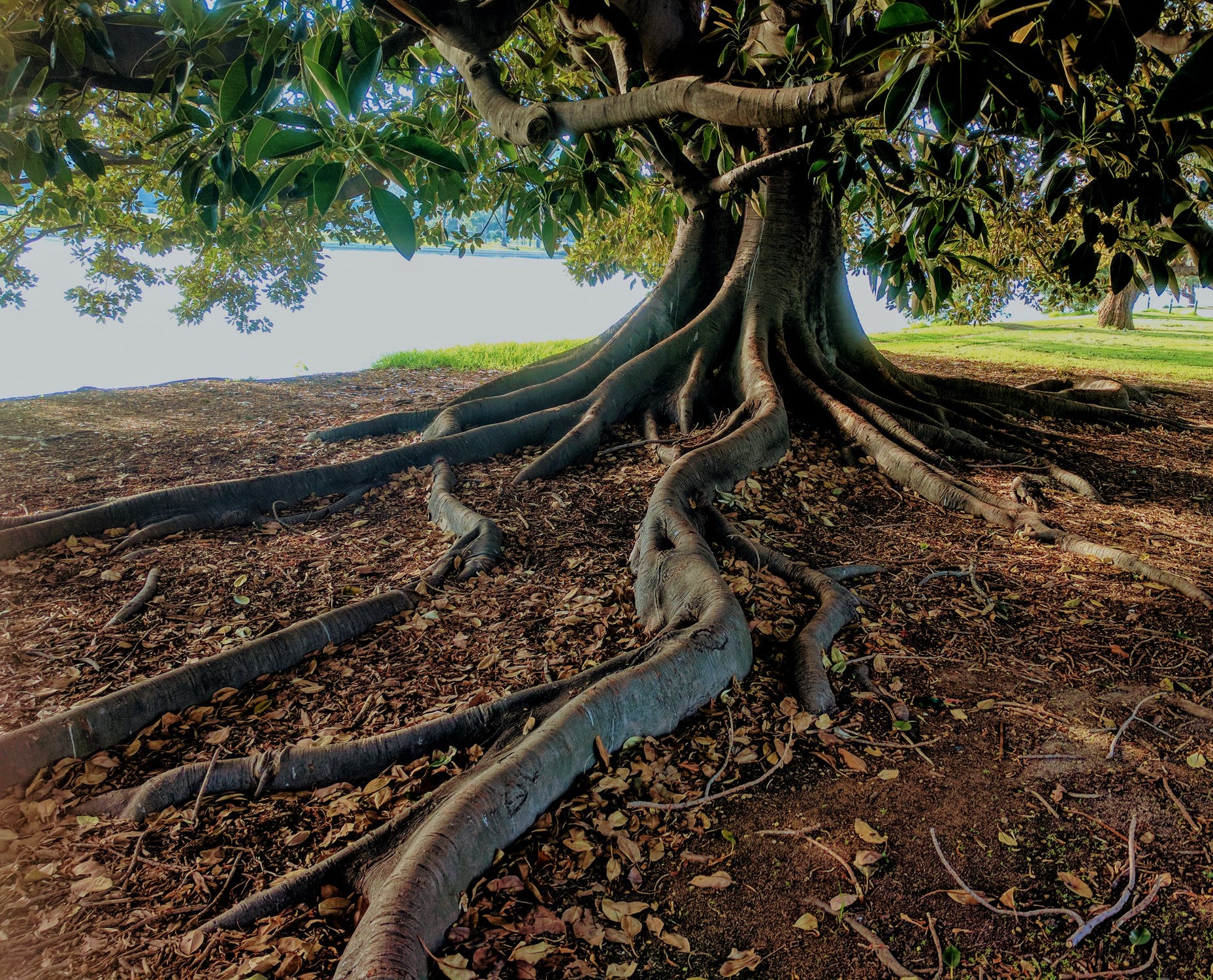
29 Apr An Identity For Lasting Strength
‘So, what do you do?’
We’ve all been asked this question more than a hundred times, right? It’s the go-to conversation starter from networking events to just hanging out and meeting someone new.
People ask what we do for a living because the answer colors in a lot of detail about who we are. We can cobble together a personality sketch right away—Judy’s a nonprofit director, so she’s probably smart, caring and organized. You might even make assumptions about a person’s political ideology, hobbies and family life all from knowing what they do for work.
Our brains build these caricatures to help us make sense of the world, and in normal times, it works. But what about when COVID-19 comes knocking and suddenly project managers become grade school teachers for their kids, parents moonlight as healthcare workers, people lose their jobs, and all the hats we wear throughout our normal lives get stacked on our heads at once? After making it through another day, in those few moments of stillness before falling asleep, the fear and uncertainty we’ve managed to outrun during the day finally catches up. We’ve had to be everything all at once. And maybe that feels like losing grip on who we are.
This season is the perfect time to look deeper at the meaning of identity. Personal identity relates to how we measure our worth. It makes sense that we determine our value by the standards of the roles we fill. Working professional, husband, wife, parent, volunteer, we’re called to be a lot to a lot of people. How well we perform in these roles plays a big part in how we feel about ourselves and how others measure our value, too.
COVID-19 reminds us that nothing is certain in life. The systems—families, jobs—that form and shape our identities are fallible and impermanent. If all the pieces that make up the picture of who we are can change in a moment, what’s left? Who are we really? Where is our source of truth?
People with faith in their hearts know. Our sole—and soul—identity is in Jesus Christ.
Unlike roles that make us push harder for a promotion, recognition or validation, embracing our identity in Christ begins with knowing we’re loved by Jesus as is; we’re already enough. You’re worth more to God today, imperfections and all, than any measure of success here on earth. How would actually believing that change the way you manage the craziness of life right now? Only measuring your worth by daily productivity actually limits your potential. Trusting God with all of our ‘stuff’ makes us capable of more because it opens our hearts to receive His grace. Putting this into practice requires control-loving people (aren’t we all?) to be still and ease up on the reigns. We need to meet our responsibilities, but for the things that worry us, say God, I trust you.
It’s time well-spent learning who God made us to be. This is the only identity that gives us lasting strength to rise to our new challenges. For those of us who skim articles for the bullet points, here you go—!
Do what you can and offer it to God.
- Remember the Bible story about the loaves and the fishes? Jesus fed a crowd of 5,000 people with only five loaves of bread and two fishes by giving thanks and offering the food to God. When we offer God what small fraction of time, energy, financial resources or strength we have in prayer, we make room for His grace to meet our needs.
Take time to pray.
- Even if you do it while standing in the shower or spreading peanut butter on a slice of bread for your kid’s lunch, take a moment to let God into your heart.
Therefore, if anyone is in Christ, he is a new creation. The old has passed away; behold, the new has come. – Corinthians 5:17
by Annie Obergefell

